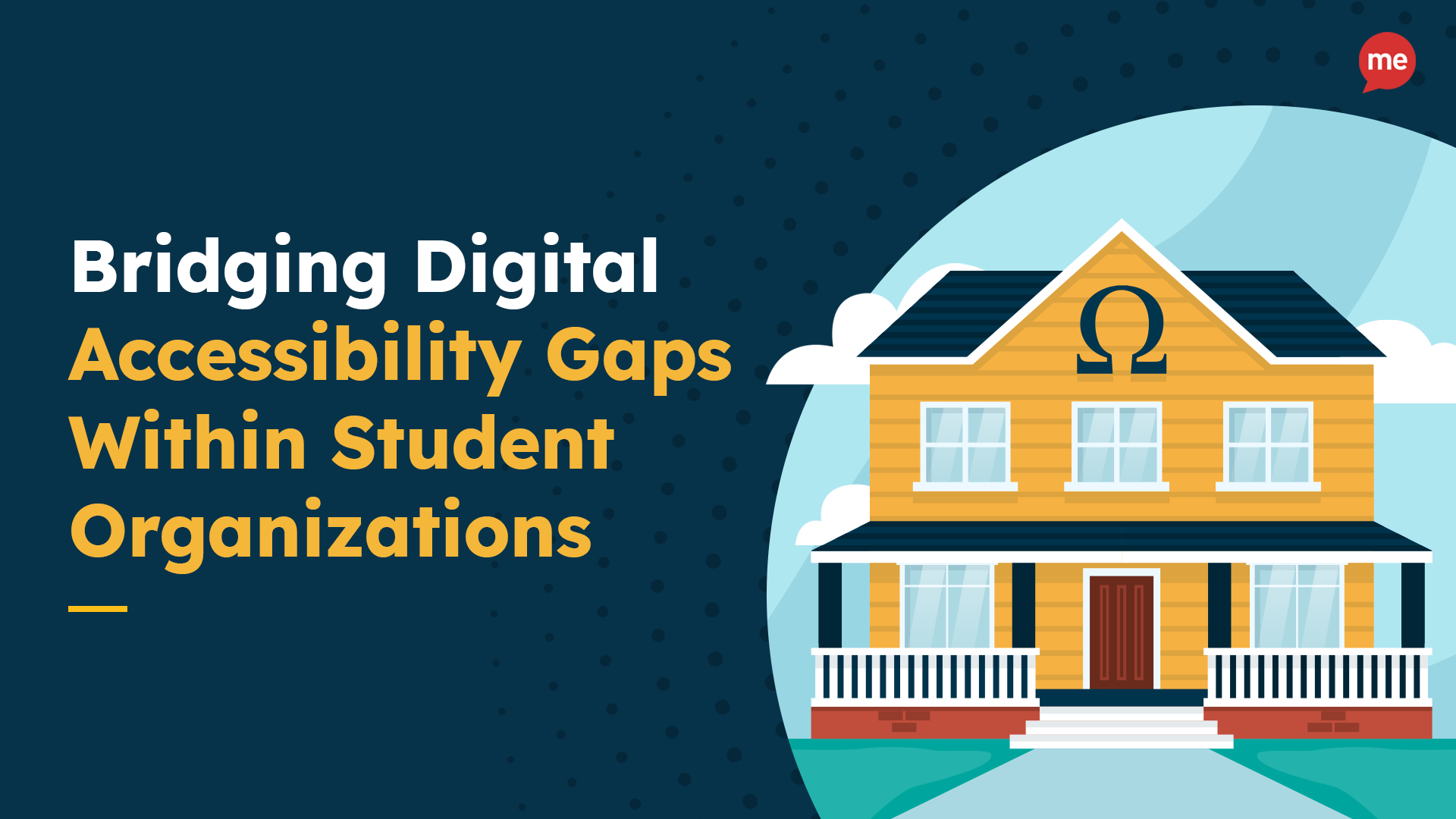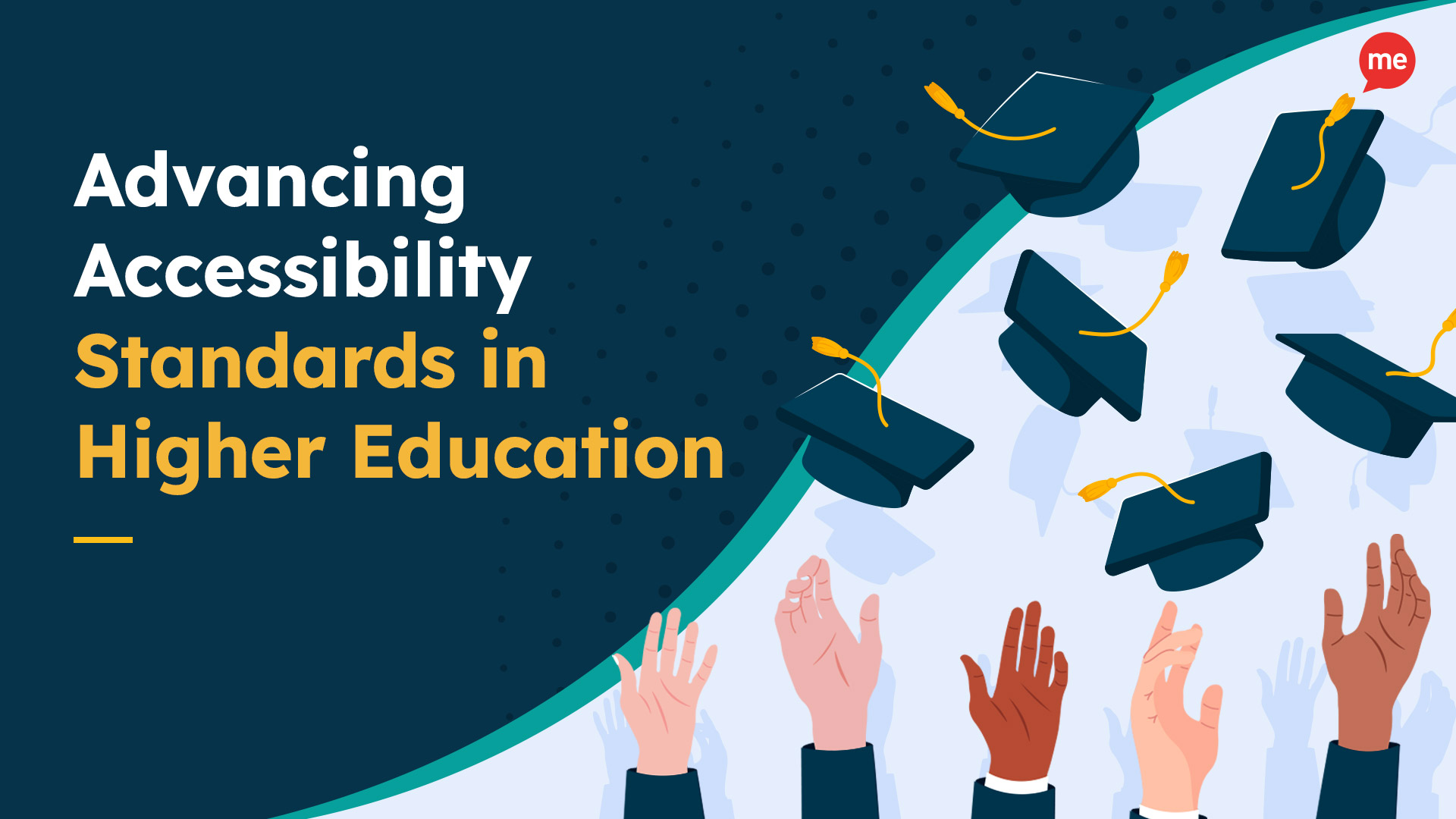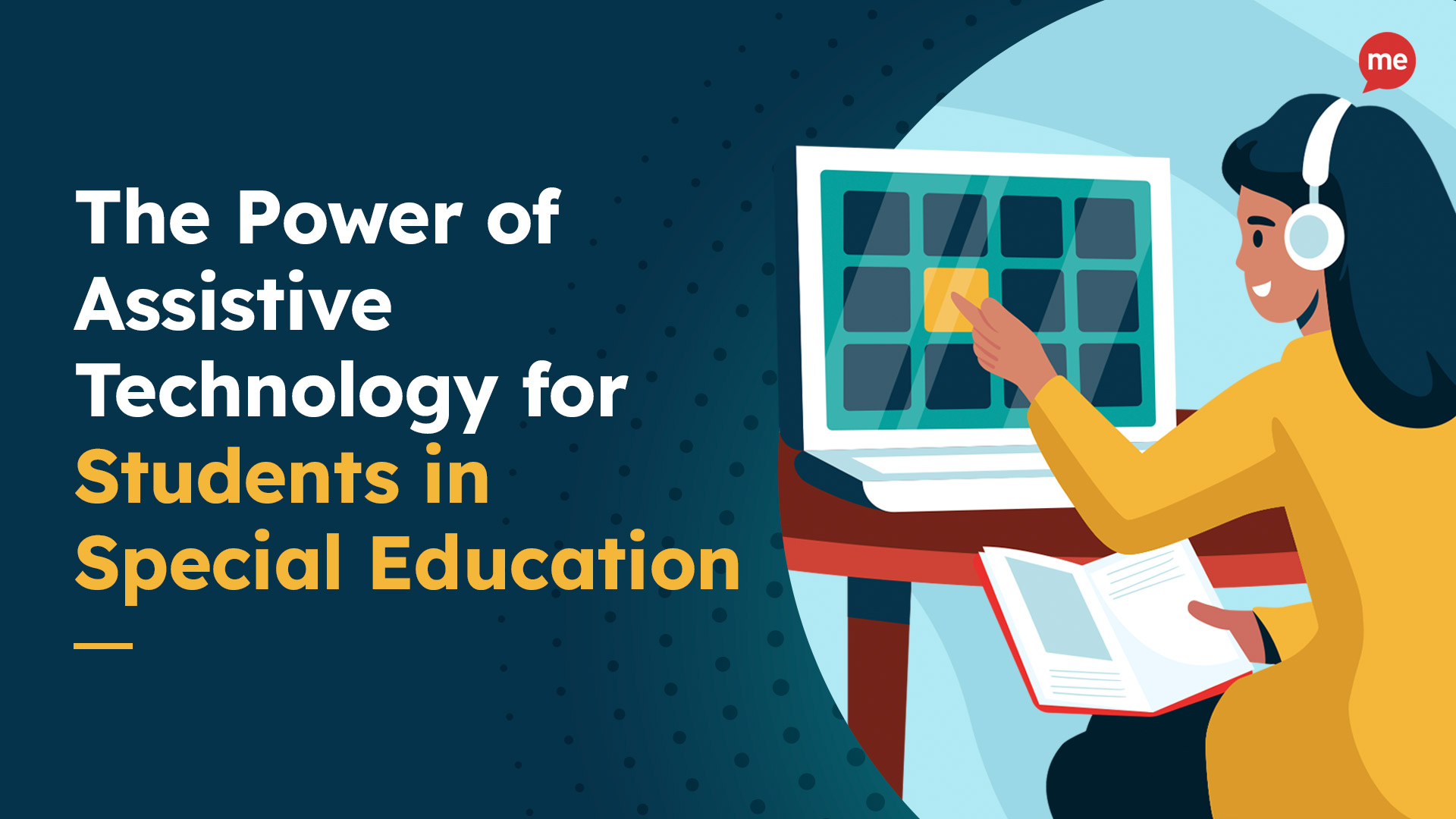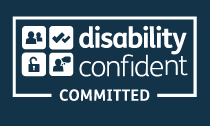In the ever-changing landscape of 2020, the majority of businesses and industries in the US have faced numerous challenges in maintaining operations, and the education sector has been in particular focus of late. The COVID-19 pandemic forced closures in all 50 states, meaning a sharp shift to remote learning.
Schools and colleges scrambled to put systems in place for online access, and parents had to quickly adapt to the role of being home teachers while also balancing their own jobs and other responsibilities. With the school year now complete, pressure has been reduced, but there is still an ongoing debate about the correct steps to take going forward.
Many states are planning to re-open in the fall, but with the start of the new school term still weeks away and the pandemic still very much at the forefront of daily American life, there is still room for change and many questions remain about the practicalities, effectiveness, and implications of an ongoing period of remote learning.
Remote Learning – The Challenges
Remote learning is not a new concept, and various education establishments like the American Open University and an array of online chartered schools have been offering e-learning courses for decades already. However, there is a big difference between offering pre-planned accredited courses and the reality of moving America’s 56 million school-age students onto online learning platforms virtually overnight.
In addition to the practicalities of such an abrupt change, it is also difficult to provide equal access and the same level of inclusion online, compared to in-person teaching. There are millions of disabled children in America who rely on individualized instruction and a range of additional educational support and services afforded to them by the Individuals with Disabilities Education Act (IDEA). These provisions are much more difficult to provide in a remote learning environment than in person.
Accessibility Barriers to Remote Learning
The simple act of making information available doesn’t make it accessible to all, especially when you consider that:
- There are nearly 7 million disabled students in the US.
- Autistic students make up 10% of the nation’s disabled school children.
- Learning disorders affect at least 1 in 10 school children.
- Approximately one in six American children aged between 3 and 17 have one or more developmental disabilities.
- One in every five children has attention issues.
- At least 10% of all school children are dyslexic.
- Some students learn in a second language.
All of these students are disadvantaged and marginalized in different ways in a remote learning environment, as it is virtually impossible for any online learning portal to accommodate unilaterally for the broad spectrum of barriers that face students. That’s where assistive technology can help.
Using Assistive Software to Promote Inclusion
At Recite Me, we are firm believers that children need to be supported from a young age and that every stage of education should be inclusive. This is more important in 2020 than ever, as all students need to be able to access information easily online. Our unique assistive toolbar is an accessibility solution that allows students to customize a website in the way that works best for them, and in doing so compensates for numerous access barriers including:
- Visual impairments
- Deafblindness
- Color blindness
- Dyslexia
- Hyperlexia
- Dyspraxia
- Autism
- ADHD
- Speaking English as a second language
- Epilepsy
- Mobility and physical impairments
How Does It Work?
The Recite Me assistive toolbar comprises a number of accessibility features that can either be used individually or combined to make multiple adjustments for ultimate ease of use. Users can:
- Personalize font size, type, and color options to make each web page easier to read.
- Utilize the mask screen tool, which isolates parts of the page to help with focus.
- Use the ruler tool to make reading easier.
- Download content as an audio file as an alternative to reading.
- Convert page content into over 100 different on-screen languages.
- Have the page read aloud in a choice of 35 different languages.
- Customize PDF documents and have them read aloud or translated.
The Benefits: A Case Study
The University of London was one of the first educational institutions to embed the Recite Me toolbar onto their website. Although this is a higher education facility and not directly representative of the American school-age population, in just 6 months the engagement and interaction with the toolbar was significant:
- Over 16,400 unique users
- 43,000 toolbar launches
- 131,500 features used
- 31,000 pieces of content translated
- 97,000 pieces of content read aloud
- 11,000 styling customizations
In 2019 the University of London had nearly 227,000 students. If we equate this to the American school-age population, projected results if all remote learning portals were to use accessibility software would be:
- Over 4,043,200 unique users
- 10,640,000 toolbar launches
- 32,480,000 features used
- 7,616,000 pieces of content translated
- 23,912,000 pieces of content read aloud
- 2,688,000 styling customizations
Staggering, isn’t it?! Plus, with only 21% of the student population at the University of London being remote learners, it is likely that the projected figures for American students would, in fact, be much higher than the ones quoted here. With this in mind, we encourage all those in the education sector to help young learners by ensuring online classes and study materials are as inclusive as possible.
Find Out More
By working together to improve access to remote learning resources, we can make a real difference and help education organizations to become truly accessible to all students in 2020 and beyond. We invite you to read some of our case studies, and if you’d like to know more about how our assistive technology can help your students you can book a demo of the Recite Me assistive toolbar by contacting our team.






